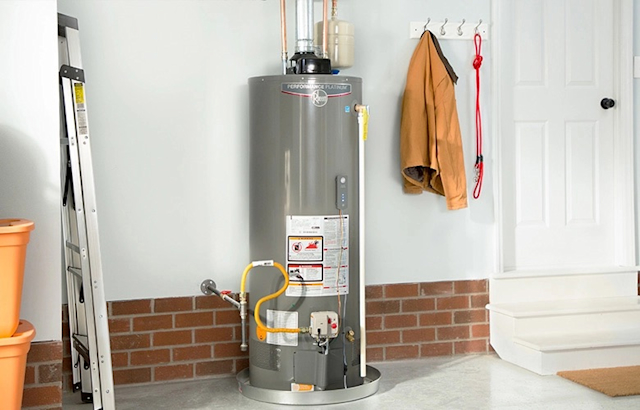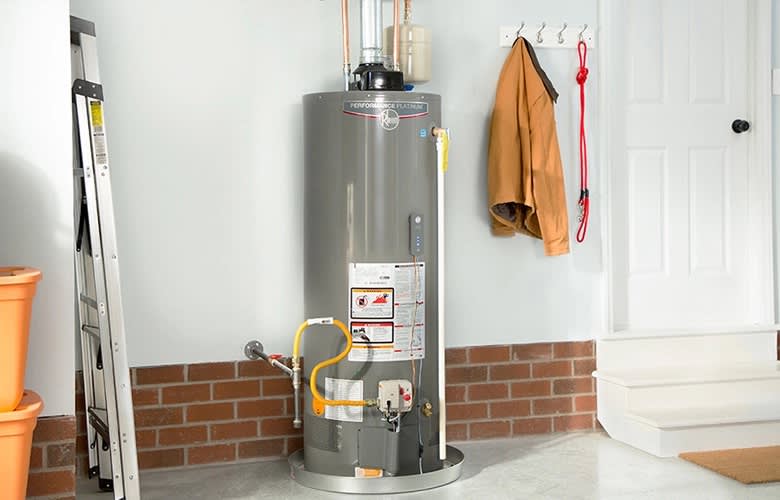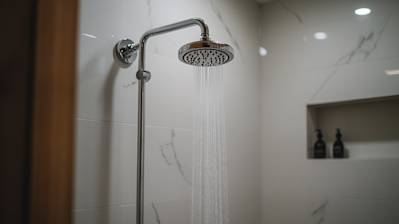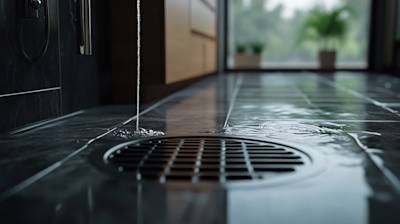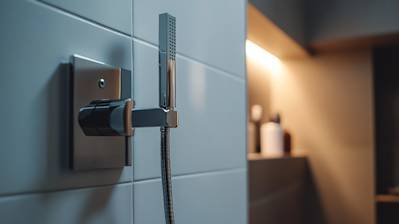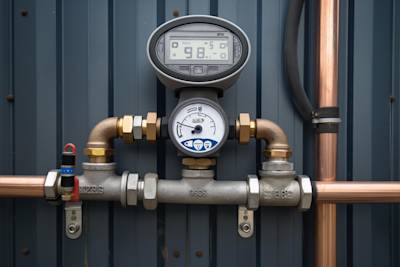Electric vs. Gas Water Heaters
The most obvious difference between the two water heaters is seen in their name. Electric water heaters rely on electricity for fuel, while gas water heaters use gas as fuel. At West Coast Hydronics and Plumbing, we avail of both electric and gas water heaters. Below is an analysis of various water heater attributes to make your shopping experience easier. Although there is ready help at our store, the attributes discussed below will deepen your knowledge, so you aren’t completely blank.
-
Available Power Sources
Gas water heaters require gas supply in homes, while electric ones require an electricity supply. The most basic factor to consider when deciding which one to choose is powering fuel availability. No matter how much you like a gas water heater, you cannot get it if you have no gas supply to your home. Alternatively, you could invest in one before considering your purchase. Please note that you will be bound to operating with the medium you choose. An electric water heater can’t tap power from gas and vice versa. If you have both lines in your home, you are better placed and spoilt for choice. There is a higher probability of encountering gas water heaters, especially propane-fueled in rural homes. Their probability of lacking electricity is high.
-
Input in BTUs and Watts
The units for measuring the amount of gas are BTUs, while those for measuring electricity are Watts. Gas water heaters with high BTUs can generate more heat for the water within a shorter time. They are highly powered to generate heat to more volumes of water hence more unlimited supply. Such gas water heaters are more convenient for bigger houses or supply more bathrooms simultaneously. Electric water heaters with higher wattage consume more energy to generate more heat for the water. The higher the wattage, the more efficiency. Higher wattages would best bear bigger houses and more bathrooms. When the wattage is higher, you have more flexibility regarding how many showers you can operate simultaneously. Most gas and electric water heaters have varying price ranges depending on their consumption. The higher the BTUs or Watts, the more efficient, hence the more expensive. Take time to identify your needs to know how long you need the unit to heat water.
-
Prices
The prices are mostly dependent on technology and energy. For gas water heaters, the condensed version will likely cost higher than the other one. A tankless gas water heater would also incur more costs. As earlier discussed, the higher the BTU, the costlier due to its shorter time needs in heating water.
Electric water heaters Sacramento tend to be costlier than gas ones. Their technology could have something to do with higher prices. The tankless electric water heater is more reliable and holds many merits over the one with a tank. It is an upgrade of the former. Therefore, it is costlier. The technology of gas and electric water heaters also influences their price ranges. Remotely controlled units, as expected, are costlier than manual water heaters.
-
Energy Factor
The energy factor is determined by comparing the amount of energy produced in a day to the water heater’s amount of power. Despite the similarity in EF, some electric water heaters exhibit higher EF than gas water heaters. For instance, hybrid and heat pump electric water heaters tend to have a higher energy advantage are likely costlier than others. You can find a unit’s EF indicated on its outer packaging or the instruction manual inside the package. As part of a policy, the Federal Trade Commission obliges every water heater manufacturer to include a black and yellow energy guide. An energy guide provides information on the EF, annual operation cost, fuel type, capacity, FHR, and Energy Star logo.
-
Energy Star Logo
This aspect is equally relevant to gas and electric water heaters. When shopping for a water heater, look out for the Energy Star logo. It is convenient for both you and the environment. What does the logo’s presence depict? When a water heater has the Energy Star logo, it means that the unit is certified as an energy saver with high performance and reliability. Everyone wishes to get the best value and as few demerits as possible. Therefore, the Energy Star logo safeguards the consumer and environment by advocating for low energy users. If you spot a water heater of your choice with the logo, you can settle confidently for it, knowing it is tested and approved. However, it will not offset the wattage or BTU indicated on the product’s description.
-
Tank Capacity
The tank capacity only applies to gas and electric water heaters with a tank. There are some with tankless water heating systems. Tank capacity contributes to fuel consumption and price in both electric and gas water heaters. Gas water heaters are cheaper than electric ones in most cases. Tank capacity contributes to the pricing of different gas water heaters. The price may vary by a few dollars from capacity to capacity. Electric water tank heaters may have higher fuel consumption than gas ones because electricity takes up more time to heat up. Therefore, it is highly probable that an increase in capacity will consume significantly higher fuel in electric water heaters than in gas water heaters.
-
First Hour Rating (FHR)
FHR indicates how much water the unit can heat within one hour of operation. Tankless water heaters may not need this because they produce instant hot water for as long as they are in use. Water tank heaters always have the FHR indicated. The higher the FHR, the more efficient the water heater. Gas water heaters have higher FHRs thanelectric ones because gas has a faster heat-generating capability than electricity. The larger the tank capacity, the higher the FHR because they hold more volume.
-
Replacement Hassle
Replacing gas water heaters are more involving than electric water heaters. The latter can easily be achieved with a little electrical knowledge. However, installation for the first time is both tedious and costly. Gas water heaters require professional intervention at all times because of the need to disconnect and reconnect gas lines. Gas lines are highly-flammable and require some level of expertise. Therefore, do not try replacing a gas water heater yourself. However, replacing a gas water heater can be very costly, ranging from $400 to $600.
Contact West Coast Hydronics and Plumbing, your local water heater company for more details and information. Our team of experts can assist with any questions and get you started with a free, no obligation quote.

